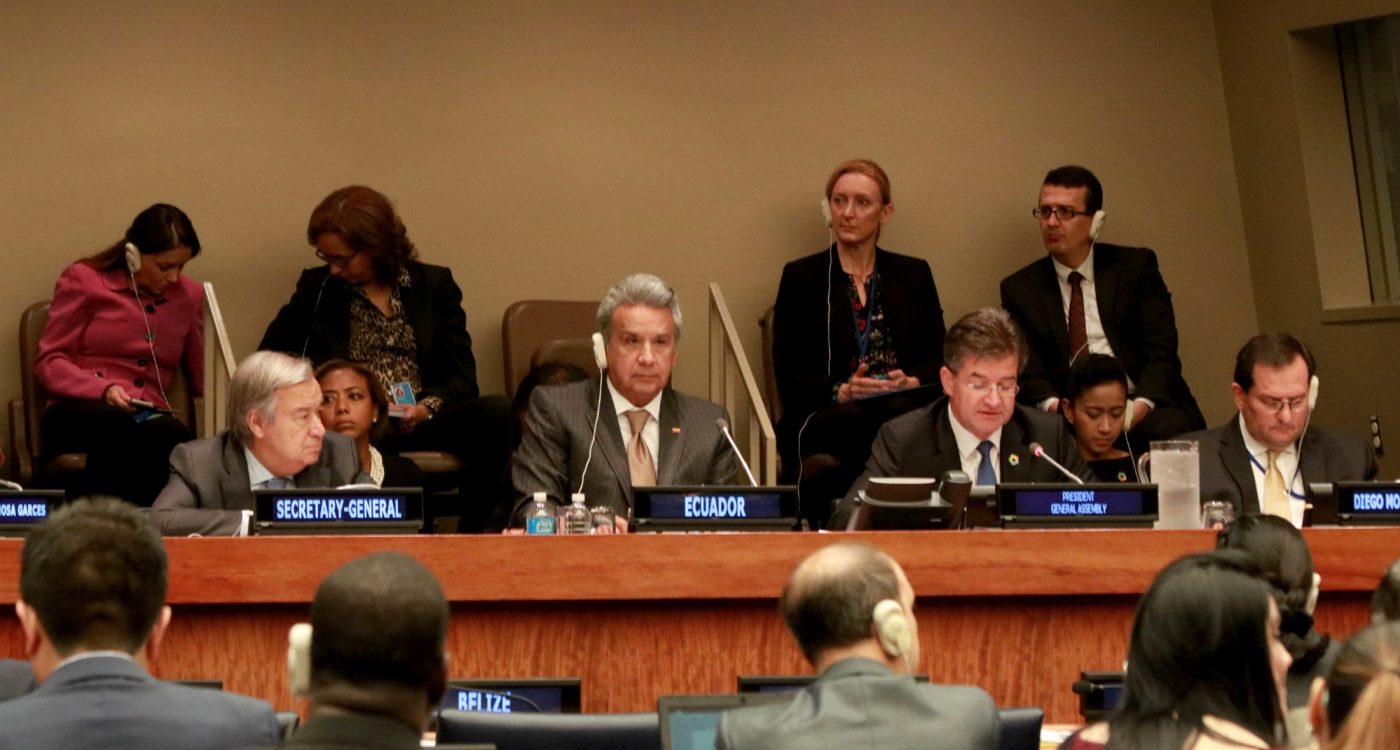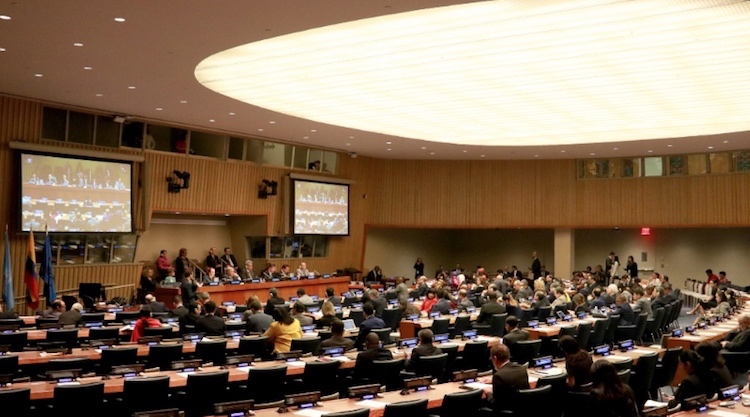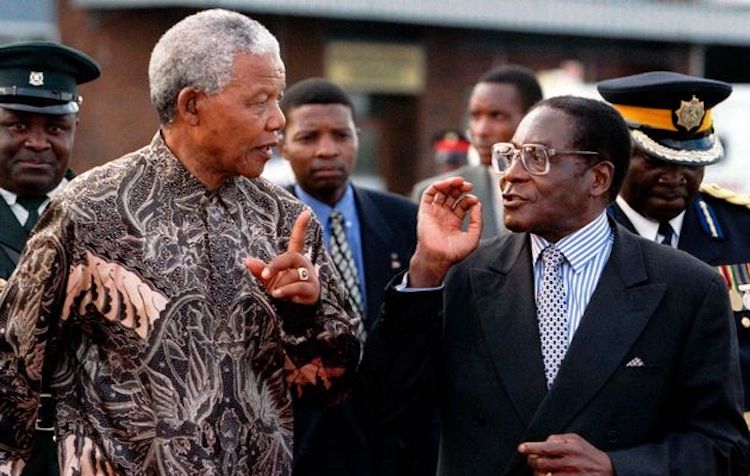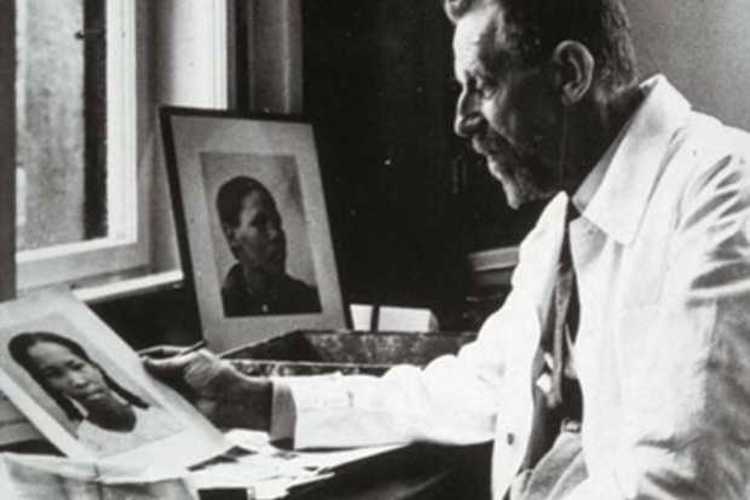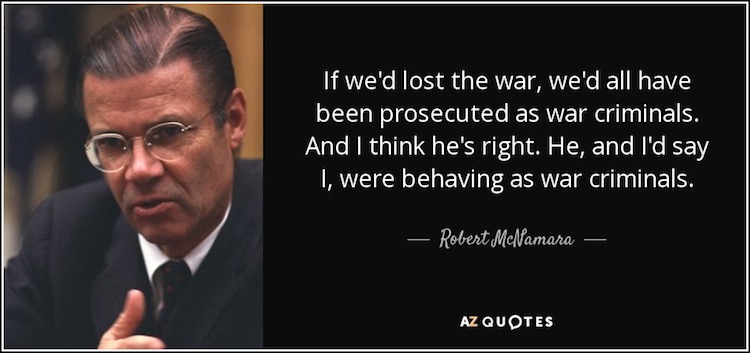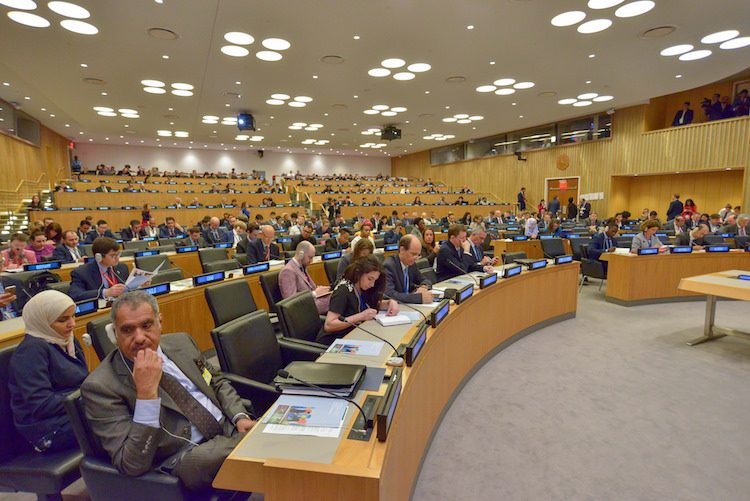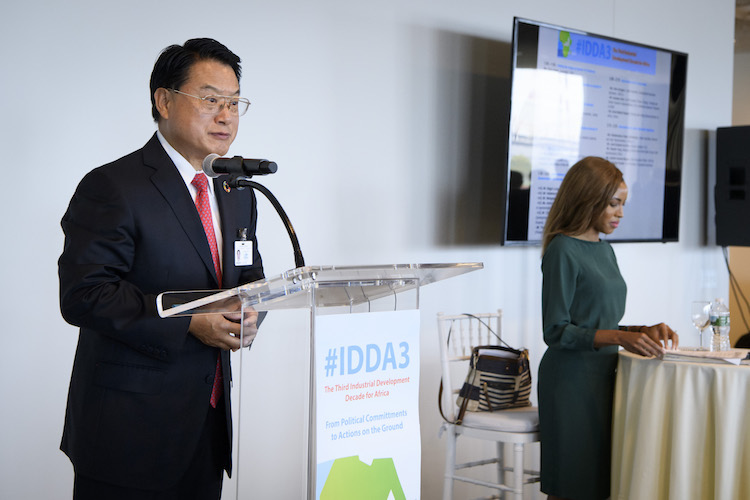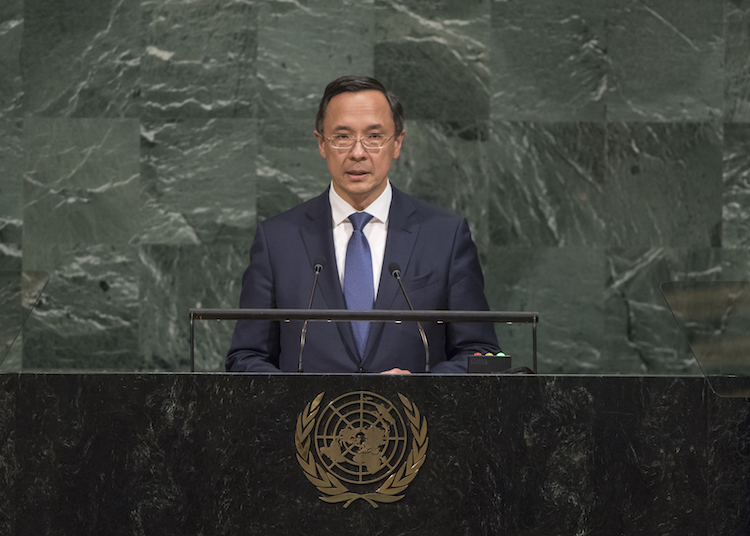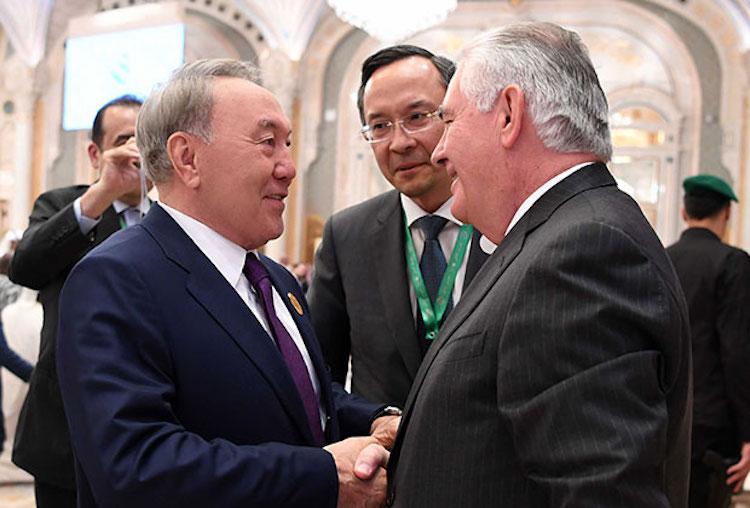By Adriano José Timossi*
NEW YORK (IDN) – A review of the economic situation with a focus on the recent developments in the world and the economic, social and environmental challenges faced by developing countries in particular was the main topic in the deliberations and declaration adopted at the 41st Ministerial Meeting of Ministers of Foreign Affairs of the Group of 77 (G77) and China on September 22 at the UN headquarters in New York on the side-lines of the UN General Assembly.
Ministers were deeply concerned about the uneven progress achieved in fulfilling the interrelated internationally agreed commitments made at numerous UN conferences in the economic, social and environmental fields and by the lack of satisfactory progress in this regard.

